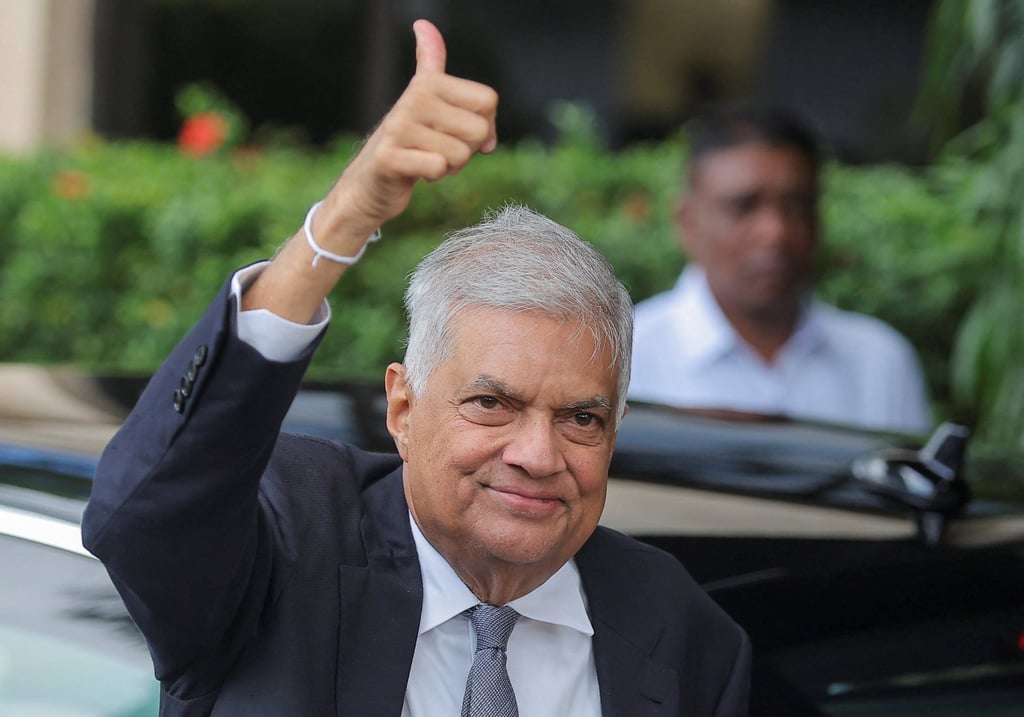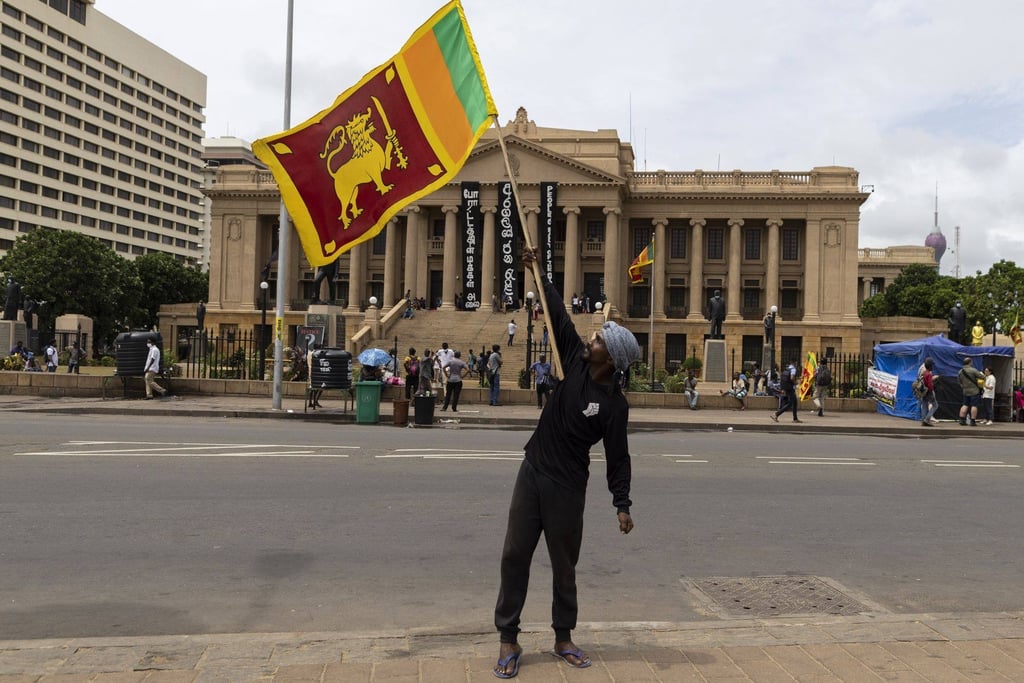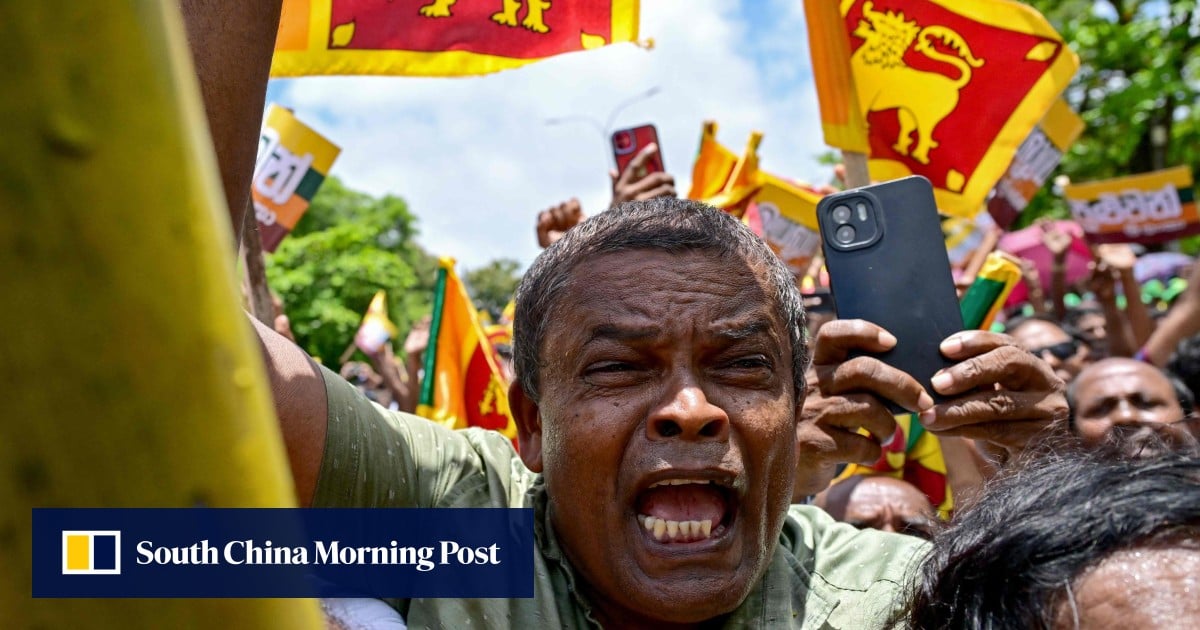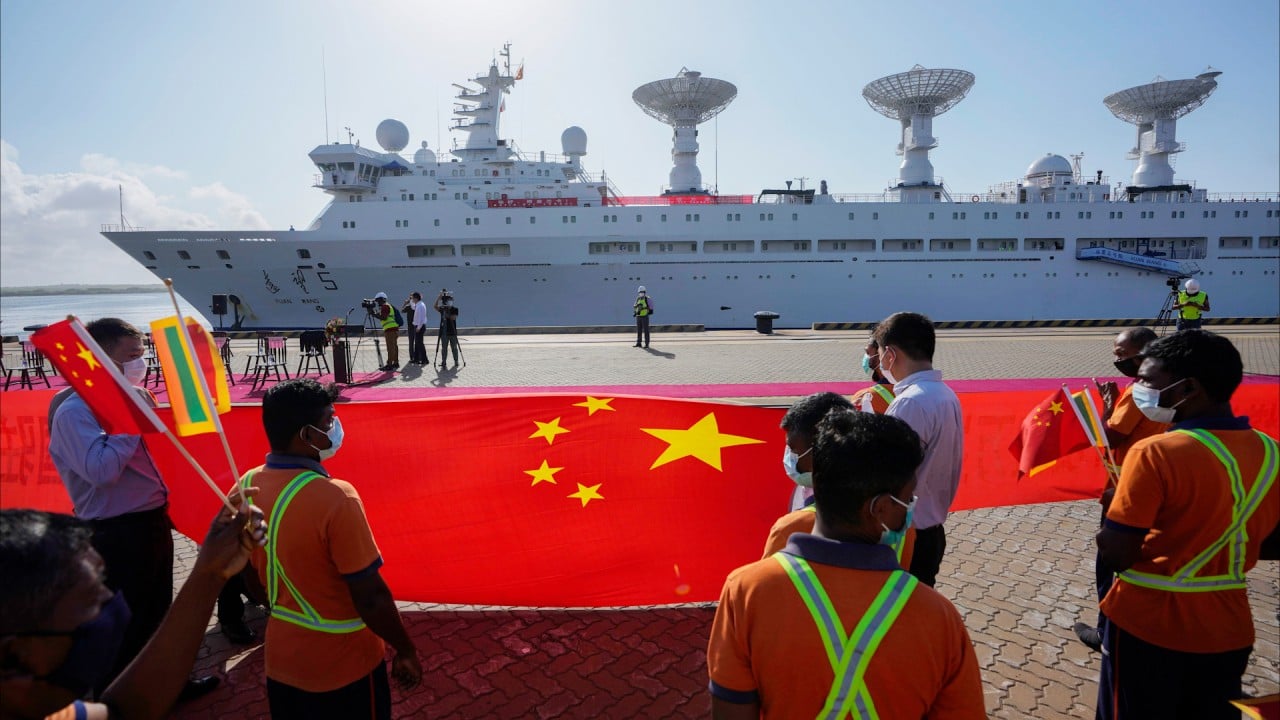Sajith Premadasa, who split from the UNP in 2019, will represent Samagi Jana Balawegaya (SJB), while Anura Kumara Dissanayake of National People’s Power (NPP), and leftist Janatha Vimukthi Peramuna (JVP) are also candidates.
Analysts say the outcome of the polls could shift the country’s delicate geopolitical balancing act between its two regional powerhouse neighbours – especially if the NPP’s Dissanayake wins a majority.
“India is obviously going to look at this election with very, very sharp eyes,” he said.

But Devapriya said Wickremesinghe – with his talks about currency integration with Indian rupee and affinity for Modi-backed Adani investments, thought to be the financing arm of the Indian government – is “as pro Indian as can be”, while there was a definite resistance from the Premada-led opposition on such controversial investment projects.
India has extensive experience working with the current president and the Rajapaksas, despite complicated relations with both, she noted, while China would seek to engage with whomever emerged victorious, based on its previous outreach to Sri Lanka because the “bilateral relationship is entrenched”.
Harindra B Dassanayake, an analyst at Muragala Centre for Progressive Politics and Policy from Sri Lanka, views NPP’s strong anti-India policy and its close ties to China, as a thorn in New Delhi’s side, especially given the leftist and revolutionary credentials of the NPP’s main alliance member, the Janatha VImukthi Peramuna (JVP).
“India will be compelled to be cautious with a potential NPP leadership, while China will see it as an opportunity to increase their presence in the region,” he said.
Samaranayake noted the NPP would be a “new and uncertain dynamic for India to manage in its external relations”.
“This reflects the asymmetry of power for a smaller state, navigating the dominant country in its region. If the NPP wins, this will be a new development in Sri Lanka’s history that observers will need to track for potential shifts in the country’s external approach,” she said.

Meanwhile, Dassanayake sees the leadership of Wickremesinghe or Premadasa to be a continuation of the current status quo from the perspective of China or India, while Beijing might profit from already-good relations with the Rajapaksa clan.
“However, the potentially weak political legitimacy of an incoming president would open a new avenue for increased pressure from geopolitical actors,” he pointed out.
But, Colombo has always viewed its foreign policy through an economic lens, Devapriya says, although there is a broad recognition that Sri Lanka needs to be both non-aligned and multi aligned.
“Multi aligned in terms of trying to gain economic leverage by being as friendly as possible with everyone. Non-aligned in terms of not being involved or privy to any of the big power plays and power conflicts and tensions that we are seeing right now.”


